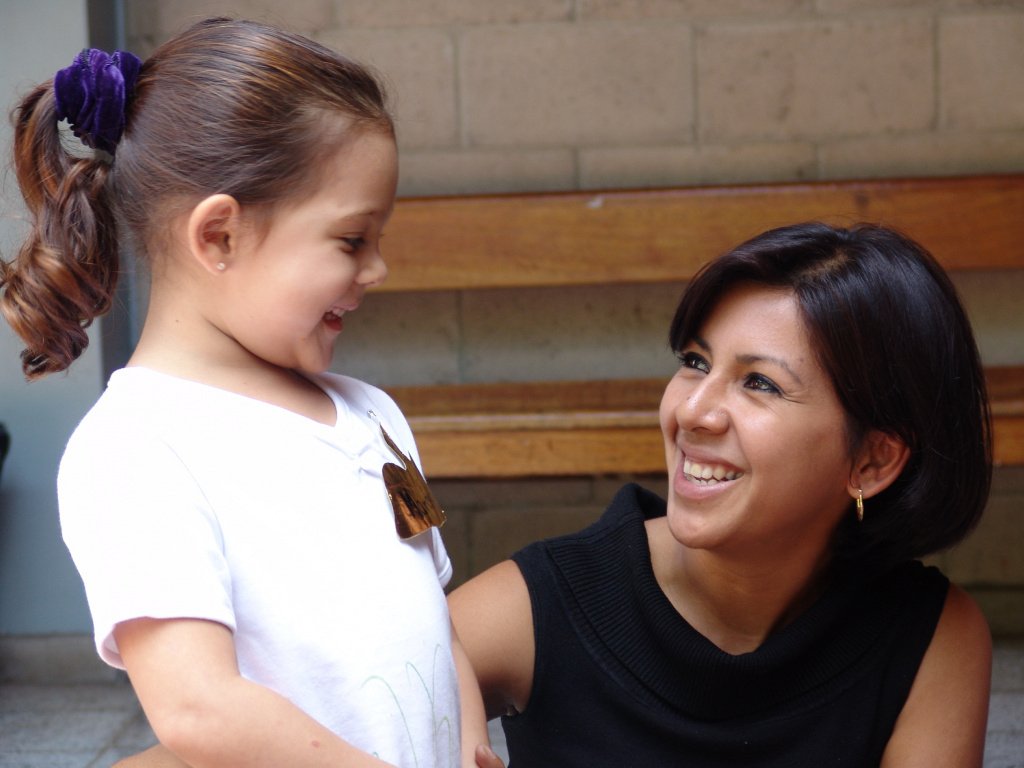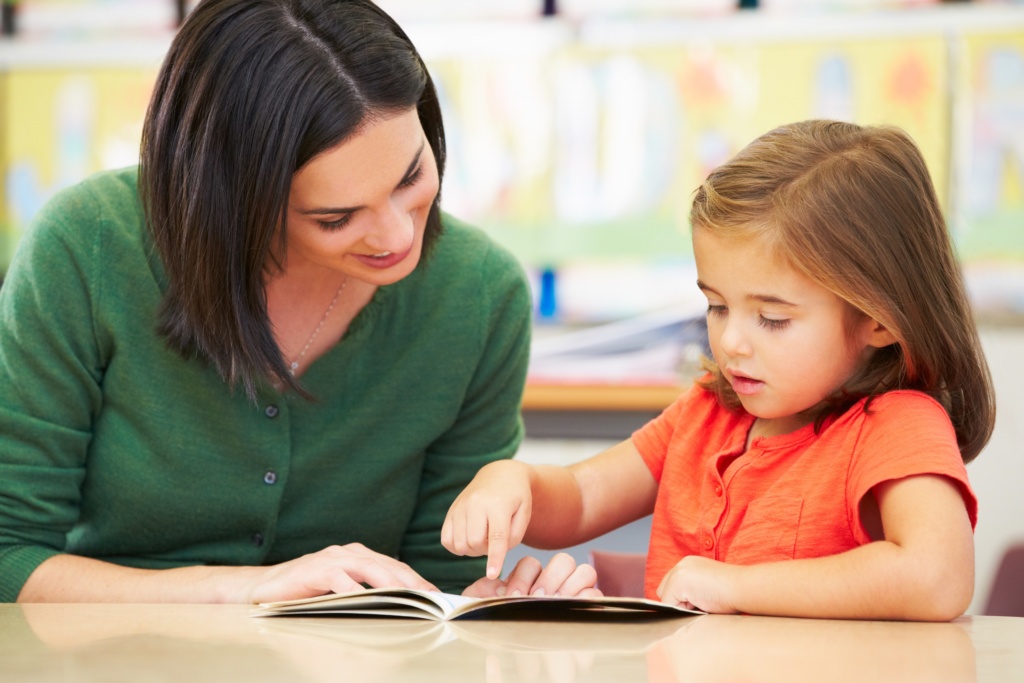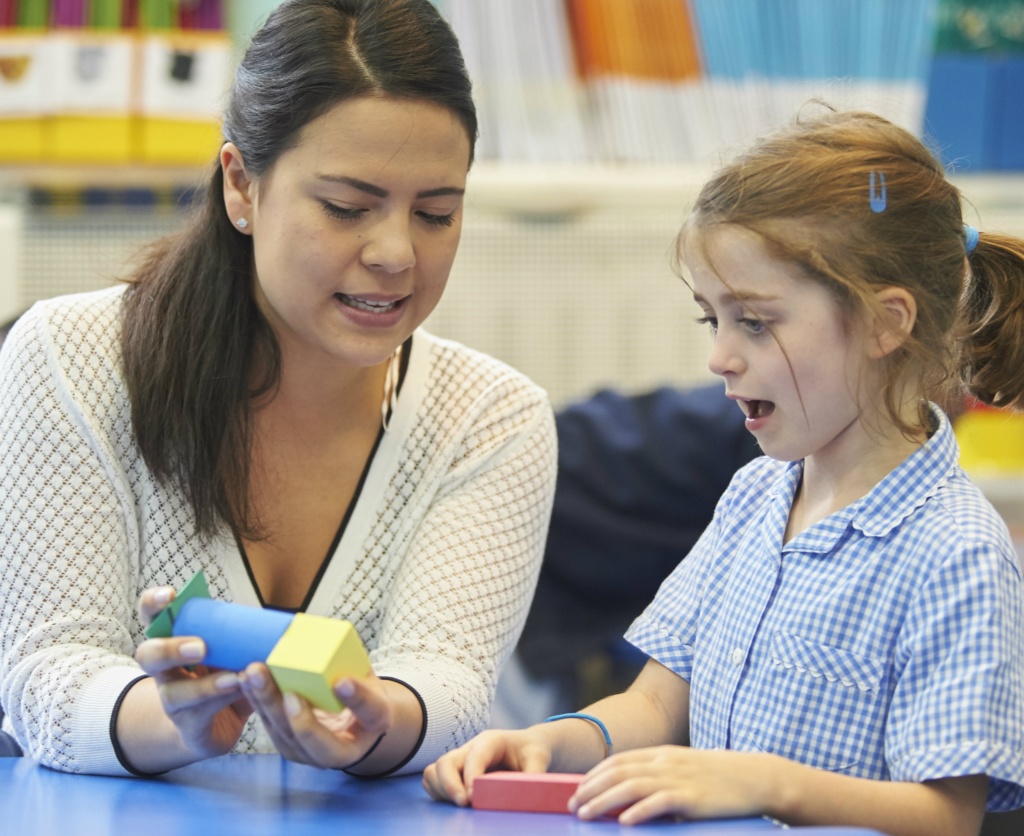
A bit of background
Thirty five years of working with young people in settings including mainstream, special and psychiatric and working for eight years as a Virtual Head teacher for children in care, have convinced me that the biggest difference we could make for children and adults is to support all settings to be ‘Attachment Aware’ – a term which has already got many practitioner champions. The ARC website - https://the-arc.org.uk - has a film which aims to capture what this looks like in practice. We use a working definition that an Attachment Aware setting is a place in which everyone feels safe enough to learn - including those who have experienced trauma, neglect and abuse. The concept of attachment is simple and profound. For schools and other settings to take on the challenge, we must provide a rationale, an action research driven evidence base and support. That is the purpose of ‘The-ARC’, which any setting interested in becoming Attachment Aware can join from 1st June.
‘It’s not rocket science’
The way our attachment needs are responded to and the way we respond to the needs of others define us and our understanding of the world. It’s not rocket science. We could fly to the edges of our galaxy and view the 100 billion [approx.] stars that form it and not find anything more amazing than the way in which the 100 billion brain cells we are born with interconnect to enable us to comprehend those same stars. The voyage out would be incredible and challenging, as is the voyage in to understanding our own minds. Part of the challenge of this journey is that we can’t undertake it in isolation. Connection made us. At the point of disconnection from the safety of the womb, a baby’s cry needs to trigger a connection with a safe adult or it will die. The film that features the astronaut undertaking a perilous spacewalk, securely attached to the mother ship and the terrifying moment when the cord is cut, holds our attention, because it connects to our deepest fears: abandonment, a space in which no one can hear us scream. And of course, as the audience we all want to shout ‘pull the cord on the back up rocket!’ as the astronaut, frozen in terror, drifts further and further out into the darkness.

The worst classroom experience for both a teacher and a child can feel like that. Yet it is highly unlikely that either will recognise each other’s experience as similar. The business of learning is relational. A mind can only connect with an idea by making connections between its brain cells and these connections are formed relationally. The teacher seeks out patterns that the child can connect with. They explore the outer edges of their mutual understanding together and it can be amazing when the connection works, or it can be cold, empty and impenetrably dark when it doesn’t. Even a rocket scientist will feel like this if he (and for this particular analogy it’s a he, which may be unkind to men) does not make a connection with Y11 on a Friday afternoon. And if he doesn’t make that connection something interesting will happen. All his rocket science will be abandoned for the more basic purpose of survival and, depending on the attachment responses he learnt as a child, he’ll either calm himself down and remember that he has a spare rocket pack on his back and pull the special escape cord, or he will go into fight, flight or freeze - core survival responses. That’s why on any given Friday you will see rocket scientists sprinting across our nation’s playing fields pursued by the demons unleashed by their unmet attachment needs, whilst elsewhere a teacher takes a deep breath, smiles and says, ‘this isn’t working is it? So let’s try it another way. Push all the desks back; we are going to form ourselves into a human model of a black hole.’
And will that work? If it does, it will not be because of the brilliance of the strategy, gleaned from ‘how to do science with sullen teenagers weekly’ but because of the relationship the teacher has formed with Y11: because they trust him, they go on the journey. Which is why of course, it didn’t work when, over thirty years ago, when I started teaching with a glorious run of highly interactive lessons, a sweet child, who had sat at the front rapt and mute throughout, spoke up and said ‘why can’t we do more copying from the board?’ And I, bad teacher that I was, had to stop myself going up like a rocket. She didn’t get the pattern and felt unsafe and I felt the same. A discussion about the merits of my pedagogy and her oppressed state didn’t help either. She didn’t get the pattern; she didn’t feel safe; she wasn’t going to go on the journey.
As teachers we need to understand about attachment. And I wonder why so often this part of the universe we navigate is so unknown. Is it because it is a beautiful mystery and should not be spoiled, or is it because attachment theory says something so profound about our humanity that it may be seen as dangerous, likely to blow up? A recent publication about behaviour has as its system illustration in the executive summary a man who bears for me a strong resemblance to ‘Gru’ in ‘Despicable Me’. He stands on a podium wearing a jumper with a big star on it. Lines connect out from him to key words that illustrate what he will do as a leader. There’s no one else in the picture, neither Minions nor children. He looks both powerful and abandoned. To function in a school or setting he would have to get off his podium and begin to make connections, or he might risk looking lonely and ludicrous, an astronaut floating in a space of his own making, wearing unsuitable clothes and screaming silently.
